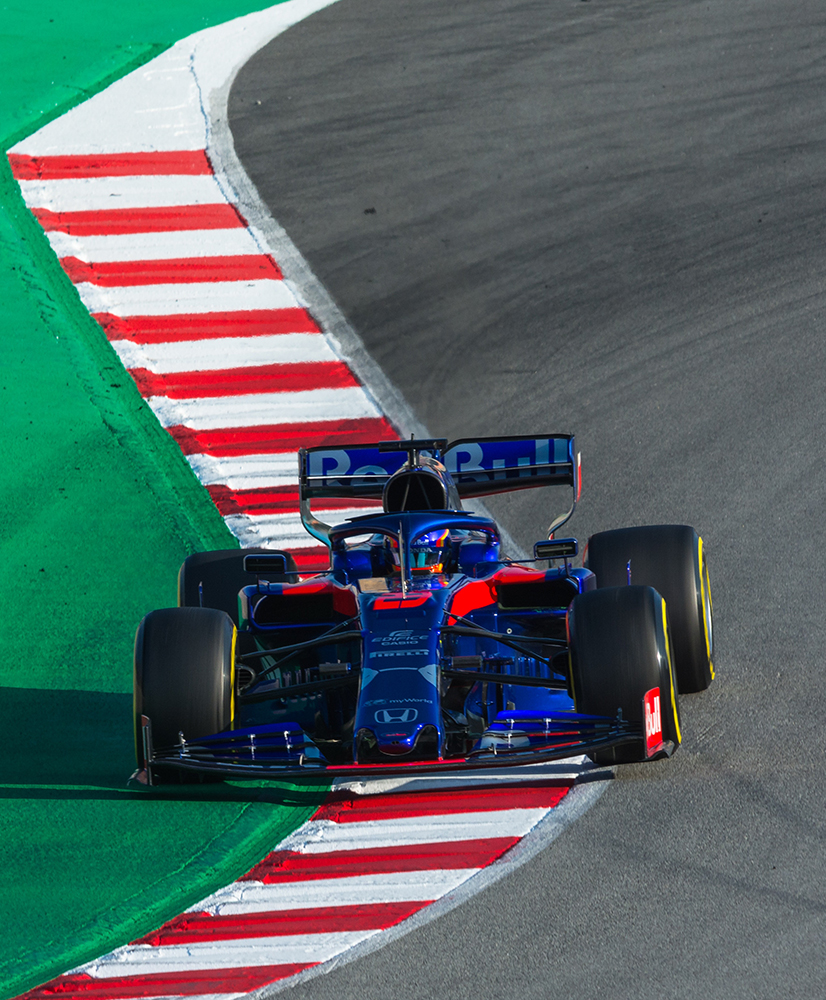
Another says, Three or four children gather and play loudly during holidays, and a high-pitched voice echoes in the neighborhood.
I forgot that this was a road, another user wrote about a stretch of asphalt frequented by skateboarding preteenagers.
The dorozoku website is not the first digital map to draw controversy over what it details. Oshimaland logs stigmatized properties in Japan and around the world, where murders, suicides and fires have taken place. Recently, new users of the Dorozoku map have tried to log public nuisance complaints in Taiwan, Portugal, Germany and Britain, but postings are limited to Japan for legal reasons.
The mapping site does not permit comments directly targeting private residences or schools, but it does allow references to unattended children playing on nearby roads, noting that it was ultimately the responsibility of parents and schools to supervise children at all times.
Over the years, residents in various parts of the country have campaigned against the construction of nursery schools, even as parents have called for more affordable day-care options. Kobe residents sued a nursery school in 2016 over playground cacophony, but the case was dismissed in 2017.
Experts see a growing intolerance toward children at play as some in the countrys aging population become less familiar with the sounds of small children. Over the years, residents in various districts have campaigned against the construction of nursery schools, even as parents have called for more affordable day care options and economists are worried that people in Japan, which has the oldest population, isnt having enough babies.
Public parks are plastered with signs prohibiting all sorts of activities in response to nuisance complaints from residents. The Nishi-Ikebukuro Park in Toshima, Tokyo, has drawn attention for its bans on 45 different activities, such as skateboarding, jumping rope and soccer. A local official said the bans stemmed from a decades worth of complaints.

 Subscribe to The Daily Telegraph to get unrestricted digital access, home paper delivery, Apps for iPad and Android, member only +Rewards and much more…
Subscribe to The Daily Telegraph to get unrestricted digital access, home paper delivery, Apps for iPad and Android, member only +Rewards and much more…  Do you compost or buy second hand?
Do you compost or buy second hand?  The Newsreader review: Exhilirating Australian prestige drama
The Newsreader review: Exhilirating Australian prestige drama  Local shares fell on Friday as investors make last-minute adjustments to their portfolios ahead of the main index’s rebalancing, while unease over rising infections grows.
Local shares fell on Friday as investors make last-minute adjustments to their portfolios ahead of the main index’s rebalancing, while unease over rising infections grows. 


